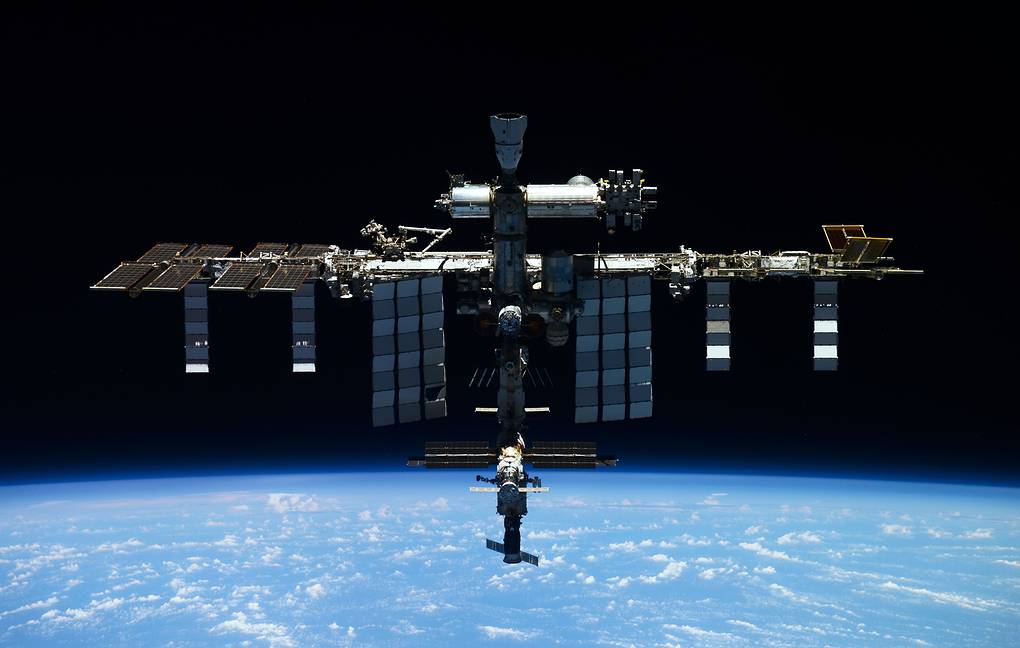|
Getting your Trinity Audio player ready...
|
The International Space Station (ISS), a unique platform in low Earth orbit, will continue its operations through the end of the decade, thanks to the support of the United States, Japan, Canada, and the participating countries of ESA (European Space Agency). Russia has also confirmed its commitment to support the space station through 2028.
Since its launch in 1998, the ISS has hosted 266 individuals from 20 countries who have lived and worked on board for the benefit of humanity, conducting cutting-edge science and research in microgravity. Crew members conduct experiments across multiple disciplines of research, including Earth and space science, biology, human physiology, physical sciences, and technology demonstrations that could not be done on Earth. They are the hands of thousands of researchers on the ground conducting more than 3,300 experiments in microgravity.
Robyn Gatens, director of the International Space Station Division at NASA Headquarters in Washington, said, “Extending our time aboard this amazing platform allows us to reap the benefits of more than two decades of experiments and technology demonstrations, as well as continue to materialize even greater discovery to come.”
The ISS is one of the most complex international collaborations ever attempted. It was designed to be interdependent and relies on contributions from across the partnership to function. No partner currently has the capability to operate the space station without the other.
With a continued foothold in low Earth orbit, NASA’s Artemis missions are underway, setting up a long-term presence on the Moon for science and exploration. NASA will continue to work with its partner agencies to ensure an uninterrupted presence in low Earth orbit, as well as a safe and orderly transition from the space station to commercial platforms in the future.
The extension of ISS operations is significant as it offers more opportunities for scientific research and experiments that are vital to advancing space exploration and our understanding of the universe. The decade of results that the space station is currently in provides an ideal opportunity to maximize its scientific return. Results from previous experiments are being built upon, and innovative research and technology demonstrations are in progress.
The ISS has also served as a symbol of international cooperation and collaboration. The fact that the station has been operational for more than two decades and continues to function seamlessly is a testament to the success of this collaboration. The decision to extend its operations is a clear indication of the continued commitment of the partner countries to work together in the pursuit of scientific knowledge and space exploration.
The extension of the ISS operations is also significant as it will provide a platform for the testing of new technologies and systems that will be essential for future missions to the Moon and beyond. NASA’s Artemis missions are already underway, and the continuation of the ISS operations will ensure that there is a long-term presence in low Earth orbit to support these missions.
In conclusion, the commitment of the partner countries to extend the operations of the International Space Station through 2030 is a significant development that underscores the importance of international cooperation and collaboration in space exploration. The ISS has provided a unique platform for scientific research and experimentation, and its continued operations will enable us to gain a deeper understanding of the universe and the technology required for future missions to the Moon and beyond.
